I met Sir Ogala Osoka two weeks ago during the second anniversary of the Nigerian Fellowship, Upper Tooting Methodist Church, London, after over 20 years, in 1999 at the Methodist Ministers’ Housing Committee meeting in Wesley House, Marina, Lagos. Sir Ogala in his humble characteristic came to me after the processional hymn and said, “Deji, I am proud of you. That was a powerful sermon. I will surely let the prelate know.” Still looking younger as I used to know him, I hugged him and we later had the unbeatable Nigerian jolof rice and fish together. No apology to my Ghanaian and Sierra Leone families.
Sir Ogala Osoka is the son of the Nigerian Methodist first Lay President of Conference (under Patriarch Professor Bolaji Idowu and Rt Rev J B Poromon, the first Secretary of Conference), Papa Sir Herbert Ukegbu Osoka (1976-81). Papa Sir Osoka, the foremost Director of Produce Inspection in the defunct Easter Region served earlier as the Methodist Vice President under the Rev Nathaniel O Salako as President during a turbulent time of Nigerian civil war, between 1965 to 1971. In 1995 during one of my interviews with Papa Sir Osoka when I was serving as the Conference Editor, he eulogised the brilliance of Patriarch Idowu especially on the distinctiveness of Methodist episcopacy as a corporate order of ministry in contrast to the Anglican episcopacy which is a separate order of ministry. Pa Sir Osoka gave the name ‘Nkechi’ to Rosalind Colwell, a British nurse who lived in Abia State for 35 years to treat mentally ill-patients.
Pa Sir Osoka’s son, Sir Ogala was born on Friday (Eke) 2nd December, 1949, and a native of Item, Abia State, Nigeria. Sir Ogala attended Government Secondary School, Afikpo (1961), Government Comprehensive Secondary School, Port Harcourt, (1962-1967). He attended Methodist College, Uzuakoli (1967-71, affected by the Biafran/Nigerian war, he went to City of London College, A-Level (1974-76), and Nottingham University, 1976. He returned to Nigeria and started work at Unity Life and Fire Insurance Corporation.
Sir Osoka at 70, a Methodist Knight of John Wesley (KJW) has seen it all, from ‘the good, the bad and the ugly aspects of the boardroom with enough anecdotes to make a bestseller. Whether government or non-governmental board, profit or not-for-profit, newspaper boards from the Daily Times of Nigeria to the Sun newspaper, to boards across West Africa where he represented the SLOK Group.’ It is on record that Sir Ogala ‘is a businessperson who has been at the helm of 11 different companies and currently is Chairman for Vision Africa Radio and Chairman for First International Bank Ltd as ‘an insurance practitioner of international repute and former managing director/chief executive of both National Insurance Corporation of Nigeria (NICON) and Nigeria Reinsurance Corporation, Osoka has a rich vein of boardroom experiences.’ The Nigerian former President Yar Adua honoured Sir Ogala with the award, Member of the Order of the Federal Republic (MFR)
Sir Ogala was President of Insurance Institute of Nigeria, 1997-2000, President of the West Africa Insurance Companies Association, 1993-95 and President, Professional Re- Insurers Association of Nigeria, 1995-99). Sir Ogala is a Fellow, Chartered Institute of London and Chartered Institute of Arbitration, London, British Institute of Management, Institute of Public Relations. He was chairman, Abuja Sheraton Hotel and Towers, Director – Western Holding Limited, Dunlop Nigerian Plc. He is Patron, Nigerian Red Cross. Happily married with children, his role model as a Methodist Christian is Jesus Christ. Sir Ogala’s life philosophy is about good leadership as selfless service bearing in mind that ‘the biggest merchant in the city is the one that serves the greater public.’
Mike Awoyinfa of the Sun Newspaper provides some hints to Ogala’s boardroom memoirs – ‘7 rules for the Board Chairman,’ in the ‘forthcoming book: 50 NIGERIA’S BOARDROOM LEADERS—Lessons On Corporate Governance and Strategy.’ In such a time when the global political, economic, and religious systems are built on the give-and-take of people pushing their own interests. Ogala’s seven rules on boardroom leadership resonates and provides a renewing reflection for the Nigerian religious and political leaders:
1. The chairman of any board is an important member of the company. It is therefore important for the well-being of the company that there will be a good working relationship between the chairman and the managing director or the executives. But the chairman is like every other member of the board and he can be removed at the pleasure of the board. Let us consider an analogy with the office of the Senate President. The Senate President is like any other senator but chosen by his fellow senators to chairman the Senate. He is simply first among equals. Once he ceases from being the Senate President, he reverses to being an ordinary senator. Nobody is voted in by the electorate to be a Senate President unlike the President of a country, so really there is no need to glorify the office of the Senate President who should humble himself to be able to inspire the confidence of his members. The same logic applies to the chairman of the board.
2. There is nothing so glamorous about being a board chairman. He is expected to be a good leader of his members. As chairman, people expect him to be up and doing, exhibiting intellect, flexibility, fairness as well as good judgement. He should inspire confidence. As much as possible, he should let the views of all be considered and avoid unnecessary voting on minor issues. A good chairman should encourage and create an atmosphere for all to air their views, listen to all arguments, and get them to accept the superior argument. There may be a few dissenting voices. The task therefore is to try and harmonise their views so that they can realise that it is better for the company than the other way. The moment they vote, which indeed is allowed in boards, then you may have a divided board, no matter how trivial the issue. People who voted are not usually happy. Those who lost out are likely to harbour resentment. So a key leadership quality required of a board chair is the ability to encourage consensus. In the face of an impending schism, it is not out of tune for the chairman to consult with board members beforehand. A good leader of the board can have meetings with individual members and try to explain a particular issue.
3. The chairman should show a higher level of leadership quality among other people who are from different disciplines. Unlike management where there is job description for each person, a board is really a homogenous setup with different kinds of people who see things from different points of view. If the enterprise is a bank, everybody on the board shouldn’t be a banker. If it is insurance, everybody shouldn’t be an insurance person. If it is a newspaper, everybody shouldn’t be a newspaper person. The result is that they can have different perspectives of the same thing, and collectively, they can arrive at what is in the best interest of the company. I have served on a board of a government company whereby the chairman would sit at one end of the table and the MD as far away as possible because they didn’t see eye to eye. Before the board meeting, the chairman would have talked to the other members and all of them would have agreed with him on the items on the agenda. And coming into the boardroom proper, he had already successfully carried out a coup against the MD. He had successfully zoned him out. For example, when the issue of promoting members of management comes up for consideration, the chairman would ask board members, “What do you think?” considering the MD’s view last. He would end up promoting those not marked by the MD and deliberately ignore those he recommended. It was such a big indictment on the MD that by the time the chairman came around to listening to him, there was no point arguing. To do so was to risk further making a fool of himself.
4. Some consider appointments to government boards as opportunities to make money. They don’t think they have gone to the board to add value. Instead they are there to take value. Imagine people congratulating you for being appointed a board member! I know a man who was appointed member of a board. When he became chairman, newspapers were awash with congratulatory adverts. I wondered: Why should you take congratulatory adverts for being a chairman? Chairmanship is at the pleasure of the other board members who appoint one of them as chairman. That is what corporate governance codes say. If you are not there, someone else would be appointed. Why should anybody place an advert congratulating me for being appointed chairman of a bank?
5. To be appointed a member of a board is an elevation. It is a good position. It is an appointment which comes with new challenges. It gives you the opportunity to make a difference—an opportunity to play in the first eleven and if your team is successful, you take the credit.
6. A board meeting is a serious affair for the chairman and his fellow directors. The chairman is equipped because he has to see the whole picture. It is imperative he gets a better view of the overall business. He knows the ability of the board members. He gives them assignments. He prompts them to react in a certain way. He guides them. As chairman, people expect you to solve their problems. That places a heavy responsibility on you. For as long as the board meetings last, you dare not take your hands off the steering wheel. Don’t doze! Don’t relapse into silence. In view of the heavy duty awaiting you at every board meeting, do yourself a big favour by making a lot of preparation so that you go into the boardroom with the big picture.
7. At times people wonder: What can an insurance man bring to the board? The scope of insurance is vast because risk is incidental to life and the business of insurance is risk management. Insurance people are interested in knowing about many things that can go wrong. Merely looking at a supermarket, I can catalogue the kind of risks associated with. I cannot help it if people call me a prophet of doom. It is the way we have been trained. While serving on a board, it is difficult to suppress the insurance man in me. I believe that I have contributed in my little way to the progress of those companies.
Beyond his philanthropic activities, Sir Ogala’s legacy as a Boardroom Professor (BP) is his impacts on the corporate, community and religious governance and firm performance. Indeed, challenge and debate in boardrooms are part of the effective oversight of management and decision-making process.Bearing in mind the conflict and tension in the Boardroom, Sir Ogala has provide how the management of disagreement improves board and leadership dynamics in general. Sir Ogala still possess the wisdom to help our boards and leadership to move forward as one body in the best interest of the organisation and how to manage personal differences and opinions in the public best interest.

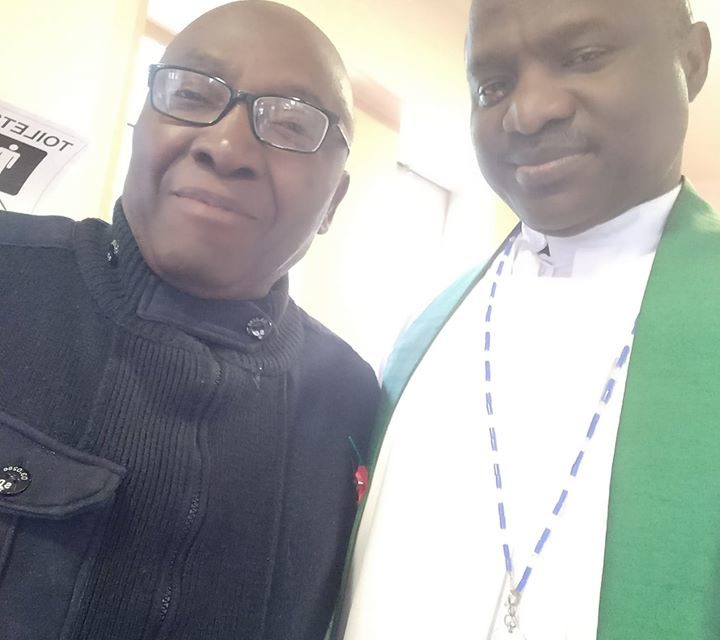
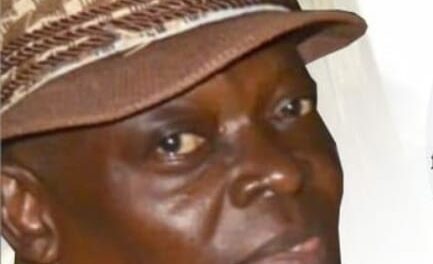
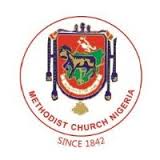
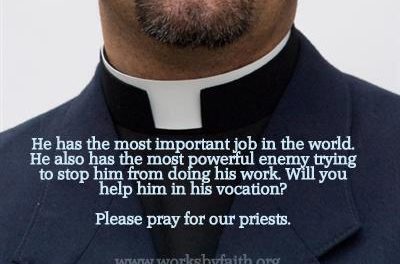
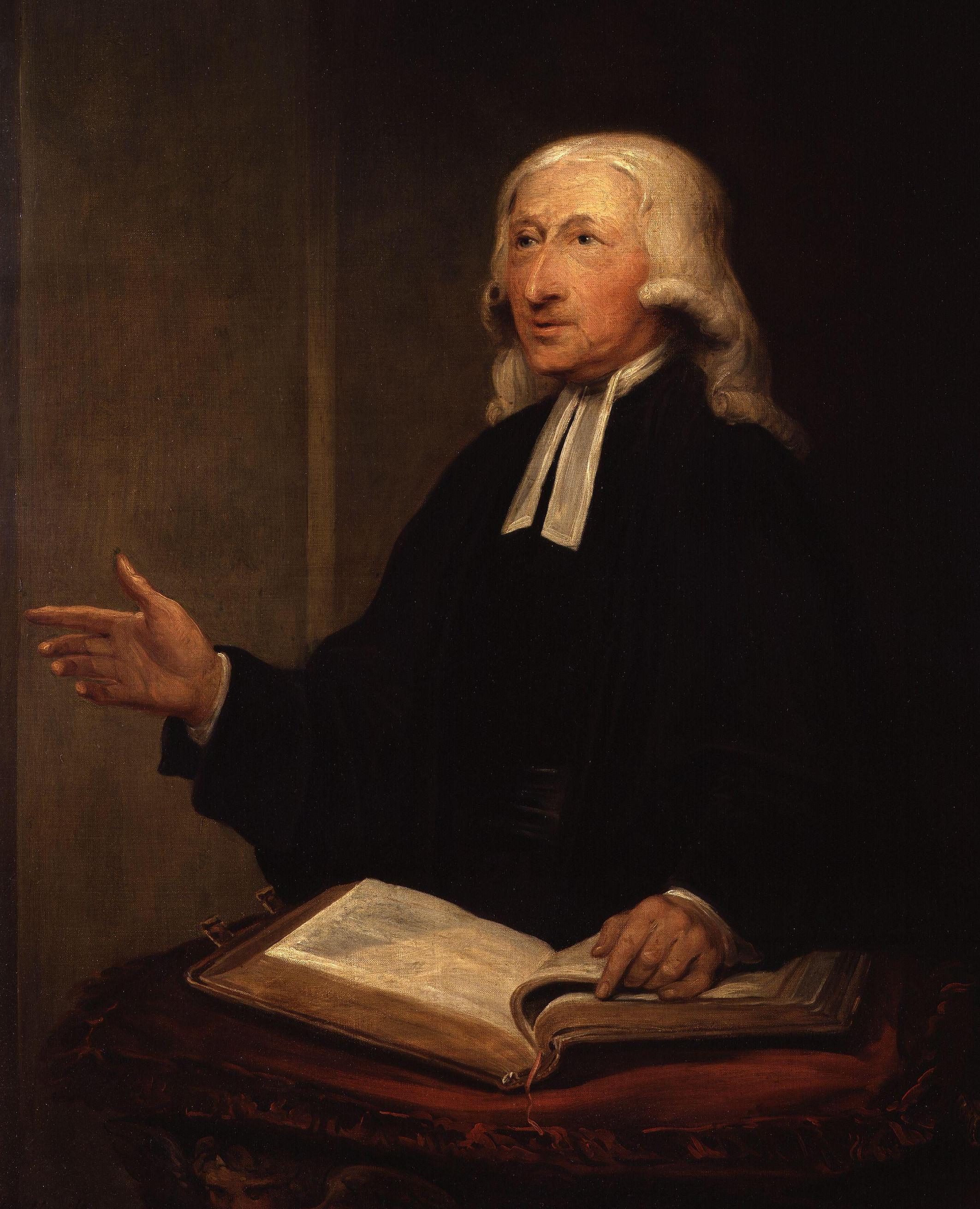





Recent Comments